Redefining Energy Policy: Regulation, Innovation and Market Dynamics
The EBA Mid-Year Energy Forum will be held at The Westin in Washington, D.C. on Thursday and Friday, October 17-18, 2024. Please note the sessions are subject to change.
Thursday, October 17
8:00 AM - 9:00 AM - Continental Breakfast
9:00 AM - 9:30 AM - Welcome and Opening Keynote Remarks
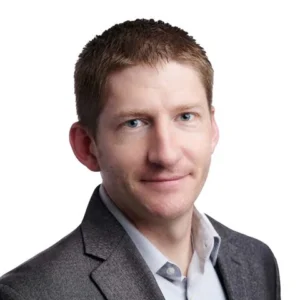
Jesse Noffsinger
Partner
McKinsey & Company
9:30 AM - 11:00 AM - General Session 1: A NEW ERA? Judicial Review of FERC Orders After Landmark Supreme Court Decisions
In late June and early July, the Supreme Court issued three landmark administrative law decisions:
- Loper Bright Enterprises v. Raimondo, in which the Court reversed its longstanding Chevron precedent holding that reviewing courts should defer to reasonable agency statutory interpretations of ambiguous statutory language.
- SEC v. Jarkesy, in which the Court held that defendants are entitled to jury trials in SEC enforcement proceedings seeking to impose civil penalties.
- Corner Post v. Board of Governors of the Federal Reserve System, in which the Court held that the six-year statute of limitations for challenging federal agency regulations under the Administrative Procedure Act commences when the plaintiff is injured by the challenged action rather than when the agency publishes the regulation, as most circuit courts had held.
Some analysts have predicted that, collectively, these decisions will usher in a new era of administrative law where the power of federal agencies will be severely circumscribed.
Will that hold true for FERC? We have assembled a panel of experienced appellate litigators to provide their views. They will discuss the potential effect of these decisions not only as a general matter but also on pending cases where FERC’s statutory interpretation is likely to be at issue. The panel additionally will discuss the potential for past FERC orders and regulations to be challenged. The discussion will follow a question-and-answer format where the panelists will provide their opinions, and respond to the opinions of the other panelists, on the various effects of the Supreme Court’s decisions.
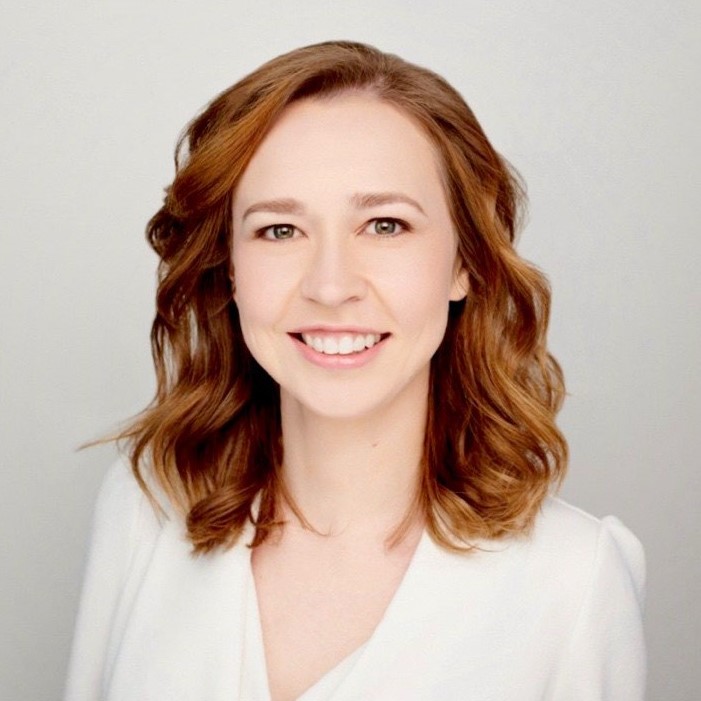
Judge Kelsey A. Bagot
Commissioner
Virginia State Corporation Commission
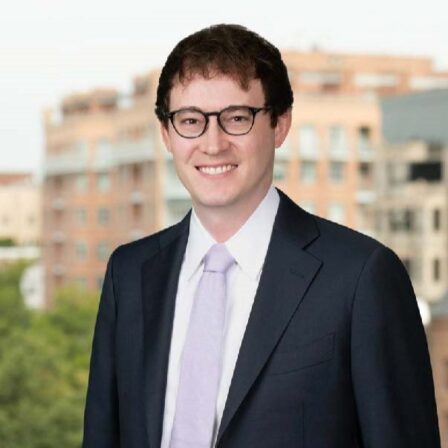
James Dawson
Counsel - Appellate
Vinson & Elkins LLP
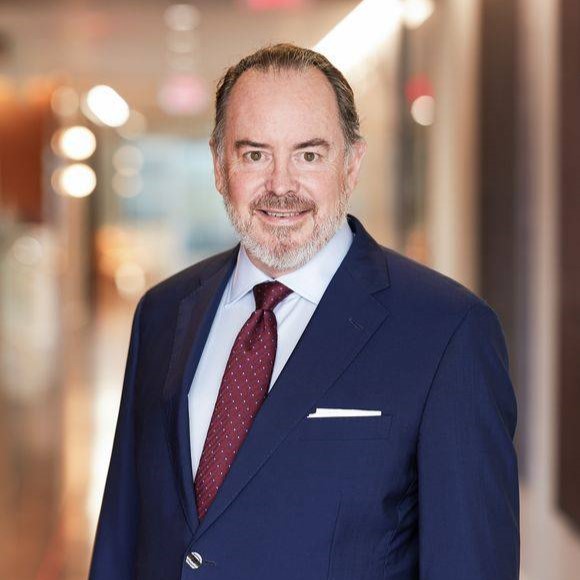
John N. Estes, III
Partner
Jenner & Block LLP
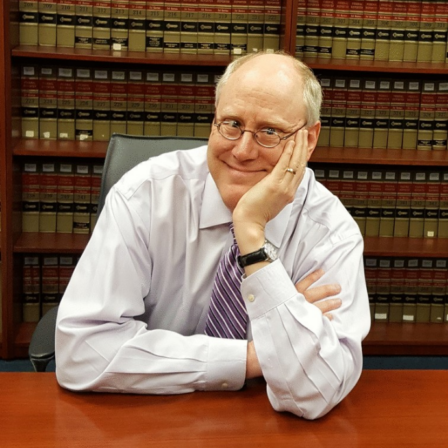
Robert H. Solomon
Solicitor
Federal Energy Regulatory Commission
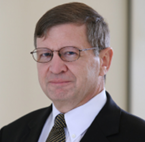
Matthew Estes
(Moderator)
11:15 AM - 12:30 PM: Concurrent Sessions
Concurrent 1A: Reports of the Natural Gas Industry’s Demise are Greatly Exaggerated
Natural gas remains an important part of the nation’s energy mix. Join consultants, industry insiders and others for an engaging panel discussing the natural gas marketplace, including the competitive landscape, potential regulatory and policy changes and the current challenges associated with pipeline ratemaking and capacity issues.
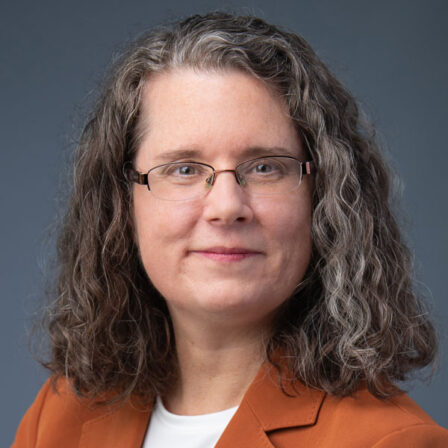
Julie M. Carey
Senior Managing Director
NERA
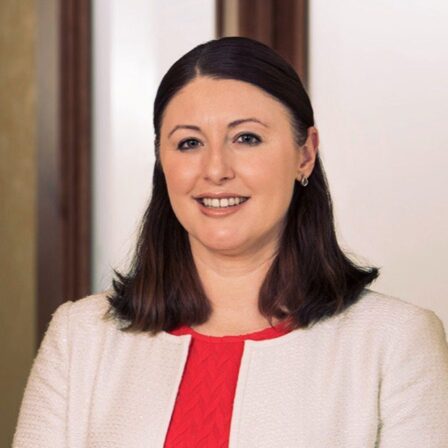
Jessica Rogers
Vice President, Regulatory & Climate Strategy
Washington Gas
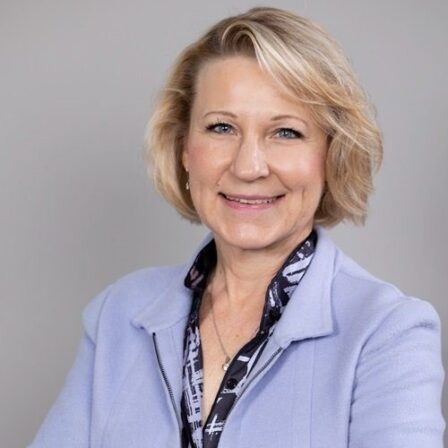
Christine L. Tezak
Senior Director
ClearView Energy Partners LLC
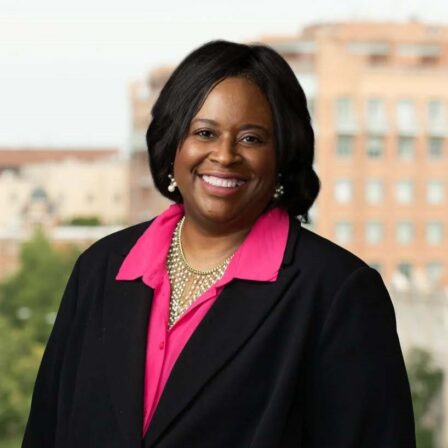
Monique Watson (Moderator)
Partner
Vinson & Elkins LLP
Concurrent 1B: Rising Tide or Stormy Seas? – Where Energy and Water Meet
Energy and water are precious resources and major economic drivers in North America. Dependable supplies of clean fresh water are critical to the success of every sector. In the energy sphere, industry (oil & gas and hydro-electricity producers, geothermal energy suppliers, nuclear power and hydrogen production facilities) plays a vital role in ensuring sustainable and responsible water use and management. The importance of this role is highlighted by concerns about the environmental impacts of energy production on water and the climate change effects of increased flooding, droughts and wildfires across the continent.
The ongoing development of major bi-directional transmission projects in the Northeast to tap into the vast hydroelectric resources of Quebec and the Maritime provinces as an increasing source of clean, baseload energy and their use as storage for off-shore wind generation and other intermittent renewable resources, provide a case study of the opportunities and challenges of developing and operating water and electricity resources to achieve carbon emission reduction targets and other climate goals. For more information about the two major transmission projects currently in construction to development to deliver more Hydro-Quebec hydropower to the northeast, see:
https://www.necleanenergyconnect.org
https://chpexpress.com/project-overview/
Speakers will examine the complex legal and regulatory framework governing the inter-relationship between the responsible development of energy and sustainable water use in North America by focusing on the cross-border implications related to the Hydro-Quebec projects and the agreement in principle for a renegotiation of the Columbia River Valley Treaty between Canada and the US.
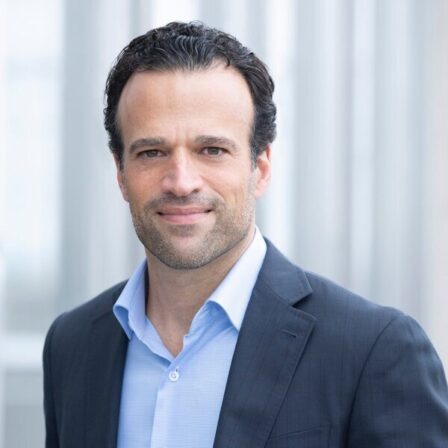
Serge Abergel
Chief Operating Officer
Hydro-Québec Energy Services

Jeff Christian
Partner
Lawson Lundell LLP
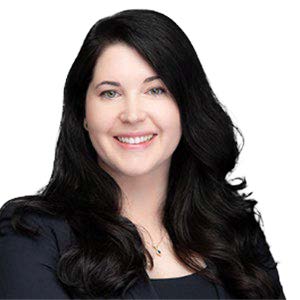
Maeve C. Tibbetts (Moderator)
Senior Associate
Norton Rose Fulbright US LLP
12:30 PM - 2:15 PM: Lunch and Conversation with Commissioner David Rosner
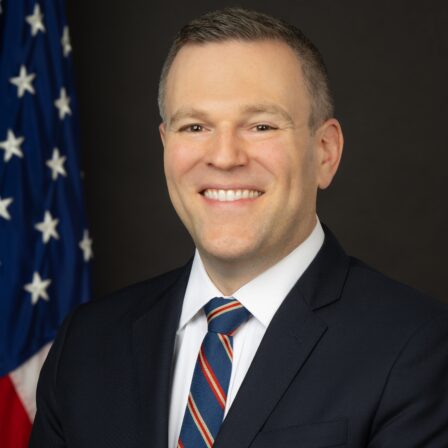
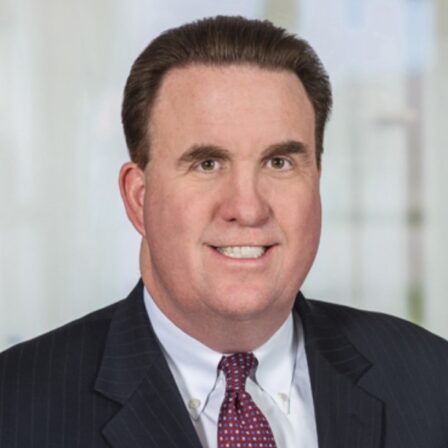
Joseph H. Fagan (Co-Moderator)
Partner
Day Pitney LLP
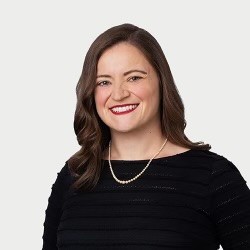
Victoria Lauterbach (Co-Moderator)
Partner
Gibson, Dunn & Crutcher LLP
2:15 PM - 3:30 PM: Concurrent Sessions
Concurrent 2A: The FERC-State Jurisdictional Relationship: Can Legal Clarity Reduce Political Tension?
In the ever-evolving landscape of the electric energy sector, the boundaries between state and federal jurisdiction are often blurred, leading to intricate and sometimes contentious interactions. This panel will delve into the nuanced complexities of energy federalism, particularly exploring the evolution of FERC's jurisdiction over wholesale sales of electricity. We will discuss where the lines of authority have been tested and redefined, focusing on community solar, community choice aggregations, and behind-the-meter generation. Attendees of this panel will learn about recent examples of the federalism principles that do (and don't) apply in the energy space and the evolving ways tensions between state and federal jurisdiction arise.
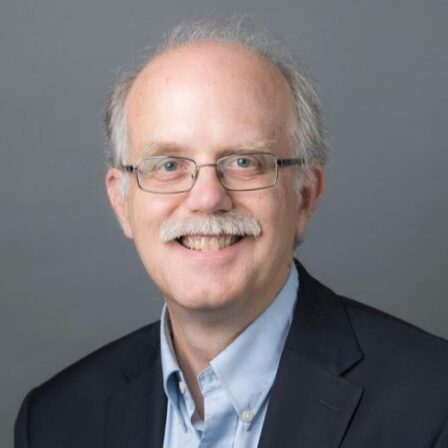
David Kathan, PhD
President
Kathan Energy Consulting
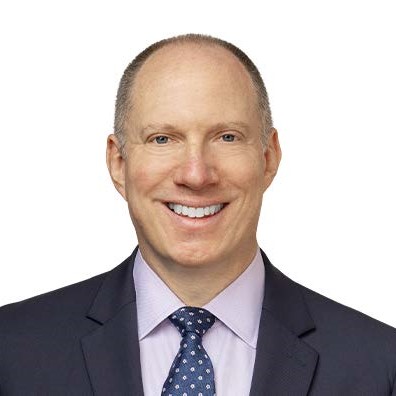
Patrick L. Morand
Senior Counsel
Husch Blackwell LLP
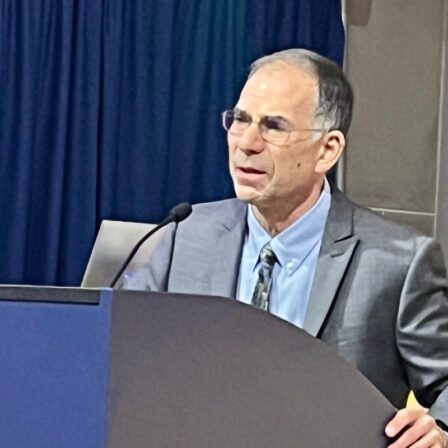
Scott Hempling (Moderator)
President
Scott Hempling, Attorney at Law LLC
Concurrent 2B: Is the Juice Worth the Squeeze? – Assessing the Economics Drivers Moving Decision Making in State and Federal Regulatory Matters
Assessing the economics drivers moving decision making in state and federal regulatory matters. The panel will address what stakeholders are increasingly asking their counsel about the costs and benefits of participating in FERC and State regulatory proceedings. The panelists will explore a range of issues and potential analysis to guide practitioners in advising their clients.
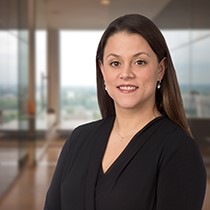
Nicole S. Allen
Partner
Thompson Coburn LLP
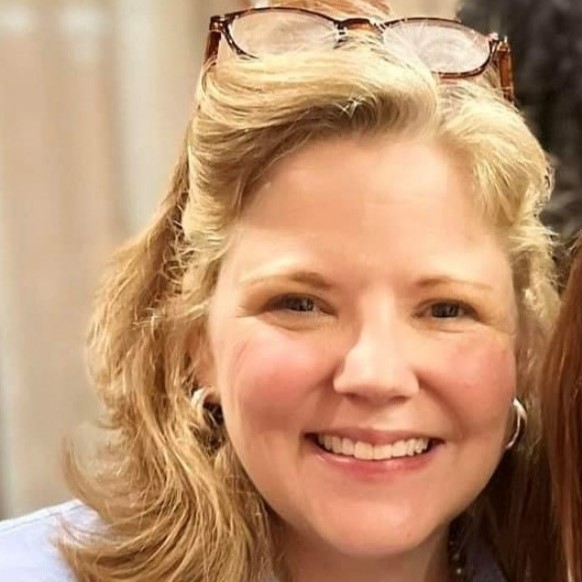
Anne K. Dailey
Senior Corporate Counsel
Ameren Services Company
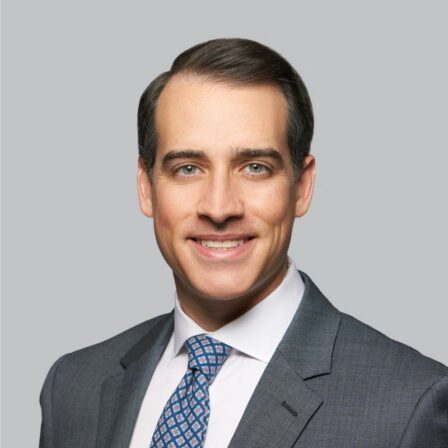
Timothy T. Mastrogiacomo
Area Vice President, Legal
Xcel Energy
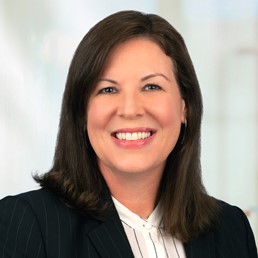
Valerie L. Green (Moderator)
Partner
Day Pitney LLP
3:30 PM - 4:15 PM: YLC Fall Coffee Break & Mixer
Join Young Lawyers Council and its members for coffee, conversation, and a vote on favorite seasonal drinks!
4:15 PM - 5:30 PM: Concurrent Sessions
Concurrent 3A: Utility Disconnection Policy - Should it be Changing with the Times?
The COVID pandemic, increasingly severe weather events, and the energy transition have given rise to new thinking on utility disconnection policies. Panelists will discuss trends in utility disconnection policy, pressures on utilities, customers, and regulators, and how thinking on utility disconnection policies is changing.
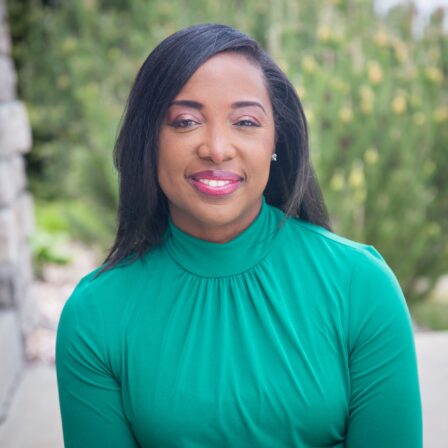
Iffie Jennings
Director of Strategy, Outreach, and Advocacy for Colorado
Xcel Energy Inc.
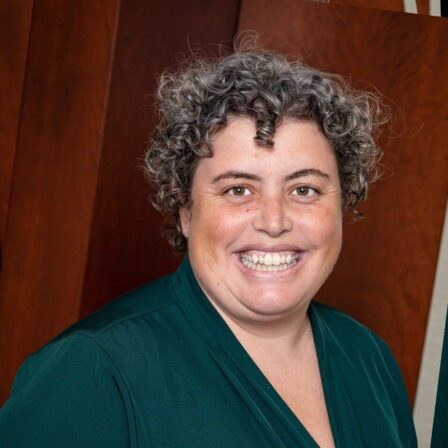
Joline Price
Supervising Attorney
Community Legal Services of Philadelphia
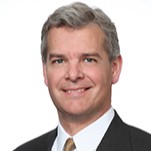
David S. Shaffer
Counsel
Dentons US LLP
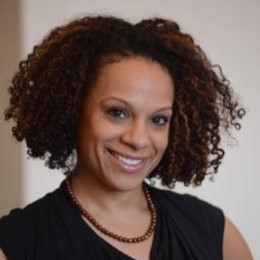
Dr. Diana Hernández (Moderator)
Associate Professor of Sociomedical Sciences
Mailman School of Public Health, Columbia University
Concurrent 3B: FERC Staff Perspectives: Practice Tips from the People Who Read Your Filings
This interactive session and panel discussion will feature FERC staff from various offices sharing from their own experience, including providing tips for meeting and mastering FERC procedural requirements, best practices for writing pleadings that help staff understand your issues, tips for effective pre-filing meetings, and recommendations for interfacing with administrative law judges and their chambers during settlement discussions and hearings. Part of this experiential session will include a general discussion of what makes a well-written pleading and a hands-on exercise where attendees will work together to compare, contrast, and refine excerpts from hypothetical FERC filings. Note: No specifics of pending FERC proceedings will be discussed at this panel.
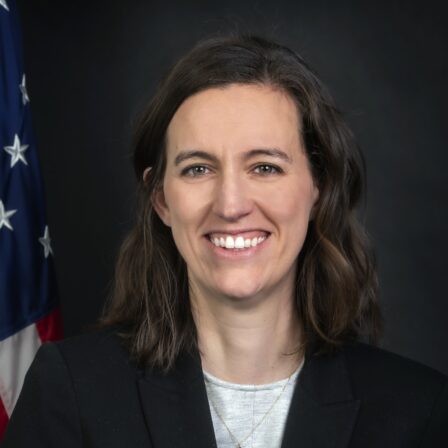
Lauren Campbell
Deputy Director, Division of Economic and Technical Analysis
Federal Energy Regulatory Commission

Amy Mersol-Barg
Attorney-Advisor, Office of the General Counsel
Federal Energy Regulatory Commission
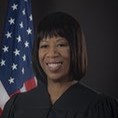
Judge Renee Terry
Deputy Chief Judge
Federal Energy Regulatory Commission
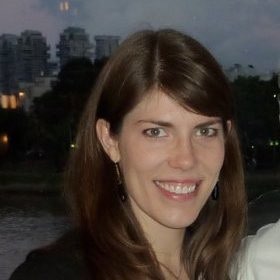
Veronica Norman (Moderator)
Attorney-Advisor, Energy Markets, Office of the General Counsel
Federal Energy Regulatory Commission
Friday, Oct 18
8:00 AM - 9:00 AM - Continental Breakfast
9:00 AM - 9:30 AM: Keynote Remarks
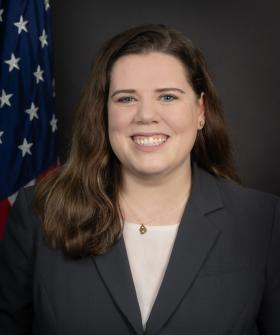
The Honorable Lindsay S. See
Commissioner
Federal Energy Regulatory Commission
9:30 AM - 11:00 AM: General Session 2: The State of the Energy Sector: Perspectives From Industry CEOs
Join us for a fireside chat with trade association CEOs as they share their views of the current state of the energy industry and what lies ahead. The discussion will touch on the converging policy, technology and market place issues that will shape the debate over the future of the energy industry and how it will impact energy lawyers and professionals. This panel of industry leaders will provide perspectives from across the electric and gas sectors to provide a holistic and diverse discussion.
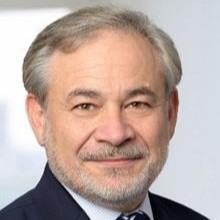
Dan R. Brouillette
President and CEO
Edison Electric Institute
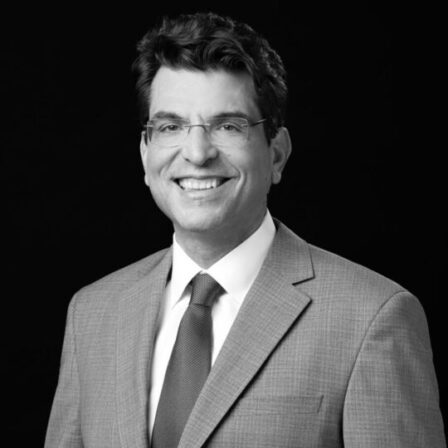
Jason Grumet
Chief Executive Officer
American Clean Power Association
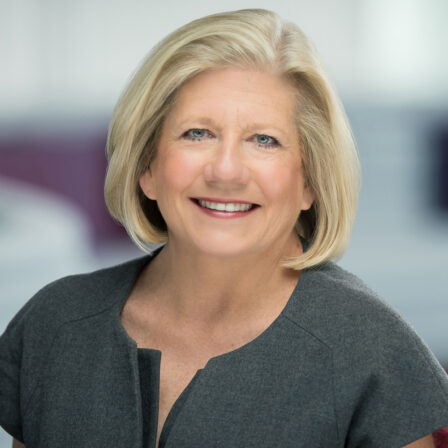
Karen Harbert
President and CEO
American Gas Association
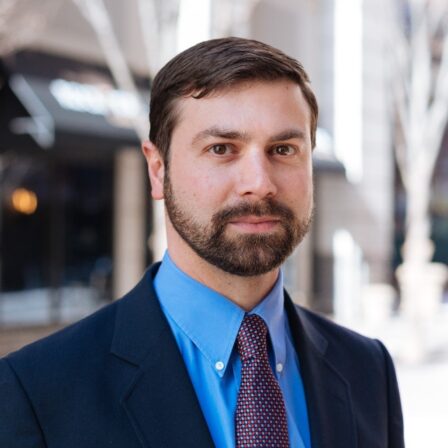
Nicholas J. Pascale (Moderator)
Deputy General Counsel
NRECA
11:15 AM - 12:30 PM: Concurrent Sessions
Concurrent 4A: What’s the Chat GP-Tea? Ethics of Generative AI for Energy Lawyers
The American Bar Association (“ABA”) Standing Committee on Ethics and Professional Responsibility recently issued its first formal ethics guidance on the use of generative artificial intelligence (Gen-AI) in the practice of law. In this session, we will explore the ABA’s guidance in Formal Opinion 512, including discussing the model rules the opinion identifies as particularly relevant to consider when using Gen-AI in your legal practice, how the ABA’s guidance is relevant to energy lawyers, and what lessons some of the more infamous misuses of Gen-AI can teach us about our own ethical obligations as attorneys. We will also highlight questions Formal Opinion 512 left unanswered and explore what might come next.

Max Minzner
Vice President and Deputy General Counsel for Federal Energy Regulation
Exelon
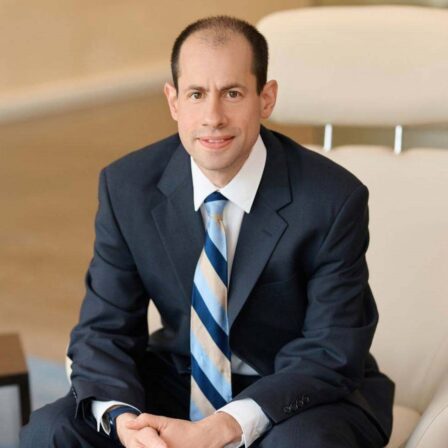
Adam Unikowsky
Partner
Jenner & Block
Concurrent 4B: Recent Developments at the D.C. Circuit Affecting Pipeline and LNG Authorizations
This year, the D.C. Circuit decided a number of cases that will have significant impacts on how FERC reviews applications to construct new natural gas pipeline and LNG infrastructure. The court granted several petitions for review challenging FERC several certificate orders on grounds that FERC had failed to support its finding that the pipeline was needed and that FERC had failed to adequately consider the greenhouse gas emissions associated with the projects. The court upheld FERC certificate orders in other cases, finding that FERC had adequately shown need for the projects and that its analyses of projects’ greenhouse gas were sufficient. The recent appointment of three new commissioners adds further complexity to the analysis of how these cases will affect FERC’s review of pipeline and LNG projects going forward. This panel will explore these recent cases, provide an update on ongoing litigation, and attempt to square these decisions with one another.

Susanna Chu
Attorney, Solicitor's Office, Office of the General Counsel
Federal Energy Regulatory Commission
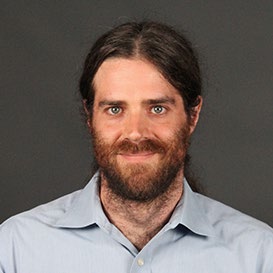
Nathan Matthews
Senior Attorney
Sierra Club
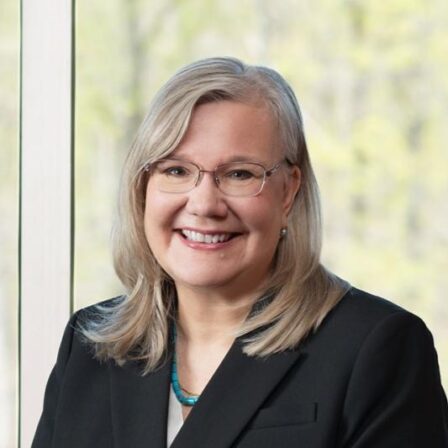
Elizabeth U. Witmer
Partner
Saul Ewing LLP
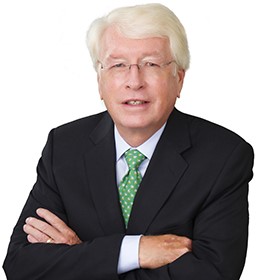
Brian D. O'Neill (Moderator)
Partner
Van Ness Feldman LLP
12:30 PM - 2:00 PM: Closing Lunch
CLE:
This program is eligible for 8 hours of CLE credit in 60-minute states, and 9.6 hours of CLE credit, in 50-minute states. Credit hours are estimated and are subject to each state’s approval and credit rounding rules. EBA applied for CLE credit in the following states: AZ, AL, AR, CA, CO, FL, GA, IL, ME, MT, NJ, NY, OH, PA, TN, TX, VA, and WI.
To Receive CLE Credit:
If you have met the participation requirements, you will receive a personalized CLE affidavit from mcle-eba@americanbar.org for the program at which you attended at least one session to completion. Please check your spam or junk folders as these emails often end up there. Please note you will fill out one affidavit for the full event. Once you complete the affidavit, you will be able to download your certificate(s) of attendance and they will be emailed to you as well from mcle-eba@americanbar.org
Scholarships:
EBA offers eligible student, government, and academic members discounts on the rates for most EBA programs which carry CLE credits, including EBA's Annual and Mid-Year Meetings. EBA will, on a case-by-case basis, consider requests from members to attend EBA programs at a discounted rate. Discount requests must be made to EBA's office at least fifteen days prior to the close of regular registration for the program in question. Requests will be considered by EBA if timely and complete. Discount requests must demonstrate a substantial financial hardship. Please submit your requests to jhannan@eba-net.org.














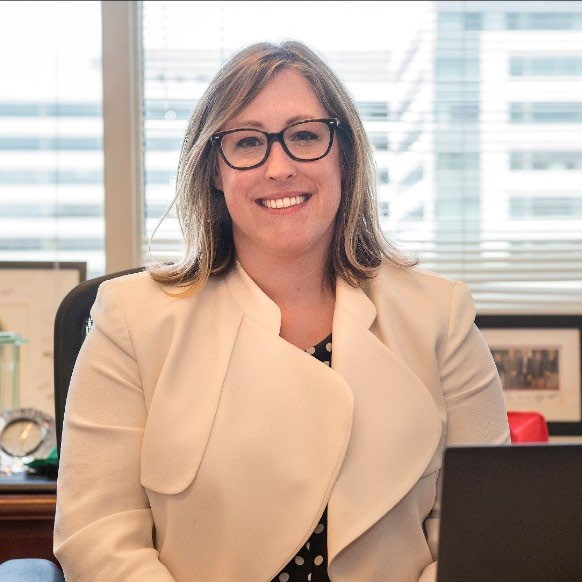 Join us on the afternoon of Friday, October 18 for the annual Women in Energy Lunch sponsored by McGuireWoods. All are welcome to this celebratory lunch! This special event is included in your registration, but RSVP is required.
Join us on the afternoon of Friday, October 18 for the annual Women in Energy Lunch sponsored by McGuireWoods. All are welcome to this celebratory lunch! This special event is included in your registration, but RSVP is required.